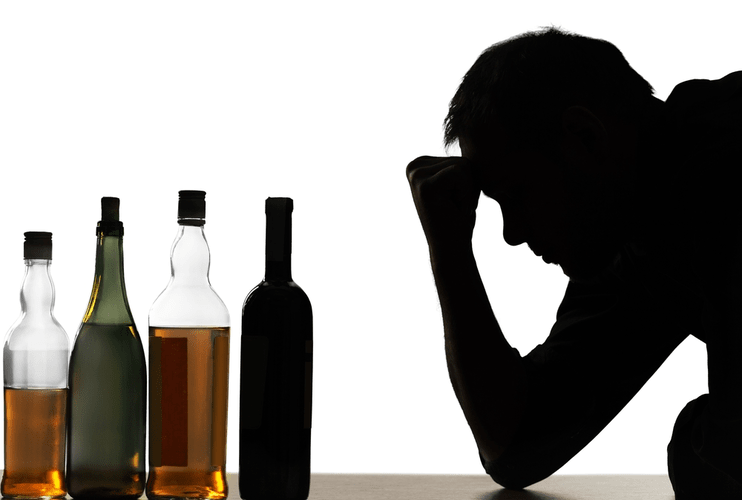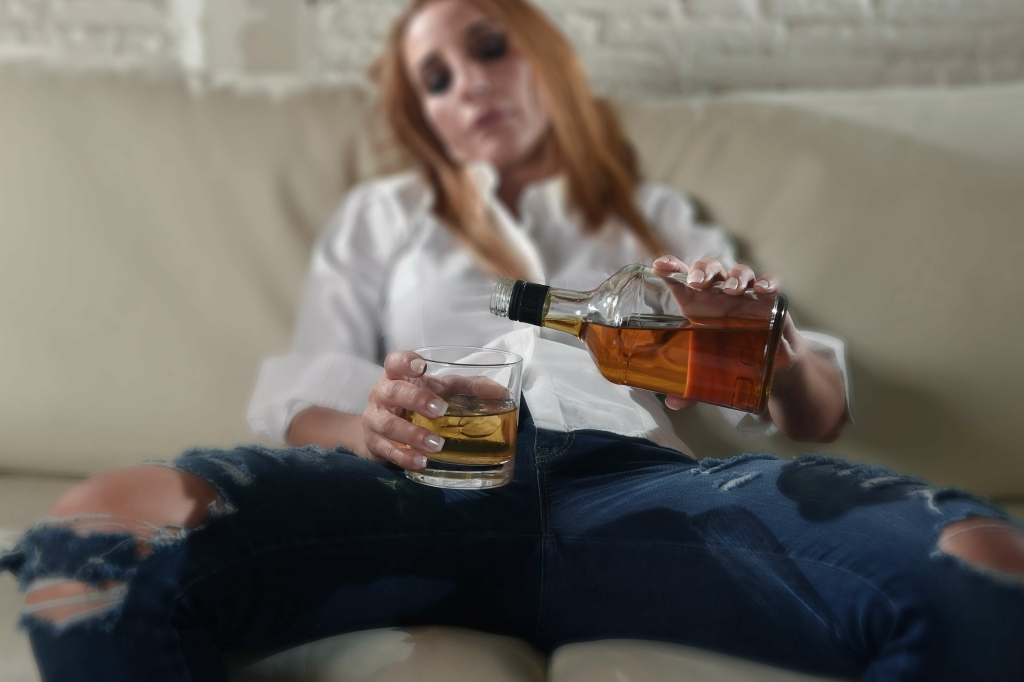Self Tapering Off Alcohol With Alcohol
Long-term alcohol use can lead to alcohol use disorder (AUD) and physical dependence. If your body becomes physically dependent on alcohol, you may experience withdrawal symptoms when you stop drinking. Studies have shown that 13–71% of people undergoing alcohol detox develop withdrawal symptoms. Factors such as pattern of alcohol use, other medical conditions, genetics and how your body responds to alcohol can play a role in withdrawal symptoms.
Medication-Assisted Treatment
- If you drink heavily on a regular basis, it can be dangerous to stop alcohol cold turkey.
- It’s normal for certain stimuli to cause a reaction in your mind and body without even being aware of it.
- By implementing these strategies and seeking ongoing support, you can increase your chances of staying sober and preventing relapse.
- It can help you reach goals and can minimize some of the unpleasant and severe symptoms of alcohol withdrawal.
The information we provide is not intended http://mpilot.ru/phorum-posts-7329.html to be a substitute for professional medical advice, diagnosis or treatment. It should not be used in place of the advice of your physician or other qualified healthcare providers. It should not be used in place of the advice of your physician or other qualified healthcare provider. Seeking professional help is essential, especially for individuals with severe alcohol dependence.
Developing Healthy Habits
Once you know it is medically safe to stop drinking, you should https://r2b.ru/stati/pervoe-prjamoe-dokazatelstvo-togo-chto-reakcija.html loop in a therapist or addiction specialist. They will be able to help you uncover the underlying causes of your drinking issues and properly diagnose any co-occurring mental health conditions that you may be suffering from. Tapering is the practice of slowly reducing the regular consumption of a substance like alcohol. Tapering can sometimes help a person avoid uncomfortable and sometimes deadly symptoms of withdrawal. Remember, self-care techniques can be beneficial during the withdrawal phase, but it’s essential to seek professional help when necessary.

Health Categories to Explore
- For example, if you typically have 10 drinks per day, you could cut back to 8 the first day, then 6, 4, 2, and finally none.
- From what I understand, most hospitals WILL give you 3-5 days worth of benzos to taper with at home.
- People attempting to quit may turn to drinking again to prevent withdrawal symptoms.
Early symptoms include headache, sweating, tremors, vomiting and difficulty concentrating. While you may not feel like exercising during withdrawal, a small amount of exercise is a great tool for coping with alcohol withdrawal. Exercise releases endorphins into your brain, creating natural happy feelings within a person.
- You may be able to detox at home and recover from alcoholism with the help of support groups such as Alcoholics Anonymous.
- Drinking lots of fluids, especially fluids with electrolytes, will help address dehydration and nausea and improve your overall health and ability to undergo withdrawal.
- Soon, they will become second nature and your triggers will not have as much of an effect on you.
- This might be a pretty safe way to taper, as long as you’re not decreasing by over 20-30% per step.

You should develop this plan while you are in treatment, so you can use it to protect and maintain your sobriety once your stint in treatment ends. A substitution taper can involve substituting a prescription drug for alcohol. It can also involve substituting the drink of choice with another drink; for example, a person may taper off hard alcohol with beer. Alcohol can stay in your system for several hours depending on how much you drink.

This method works best with gradual reduction, as alcohol withdrawal symptoms can start within 12–24 hours after stopping https://art-apple.ru/displayimage.php?pos=-3032 drinking. Generally, alcohol-free days are better towards the end of a gradual reduction, not towards the beginning. By implementing these support strategies and incorporating healthy habits while avoiding triggers, individuals can increase their chances of safely weaning off alcohol.
Delirium Tremens and Severe Withdrawal Symptoms
You can try support groups, therapy, psychiatrists, spiritual groups, and outpatient rehab services. I have a complete guide on Alternatives to Rehab, which has over a dozen different options to select from. If you notice severe hallucinations, extreme brain fog, the world slows down around you; you feel drunk when you’re not, you may have warning signs of delirium tremens (DTs).
